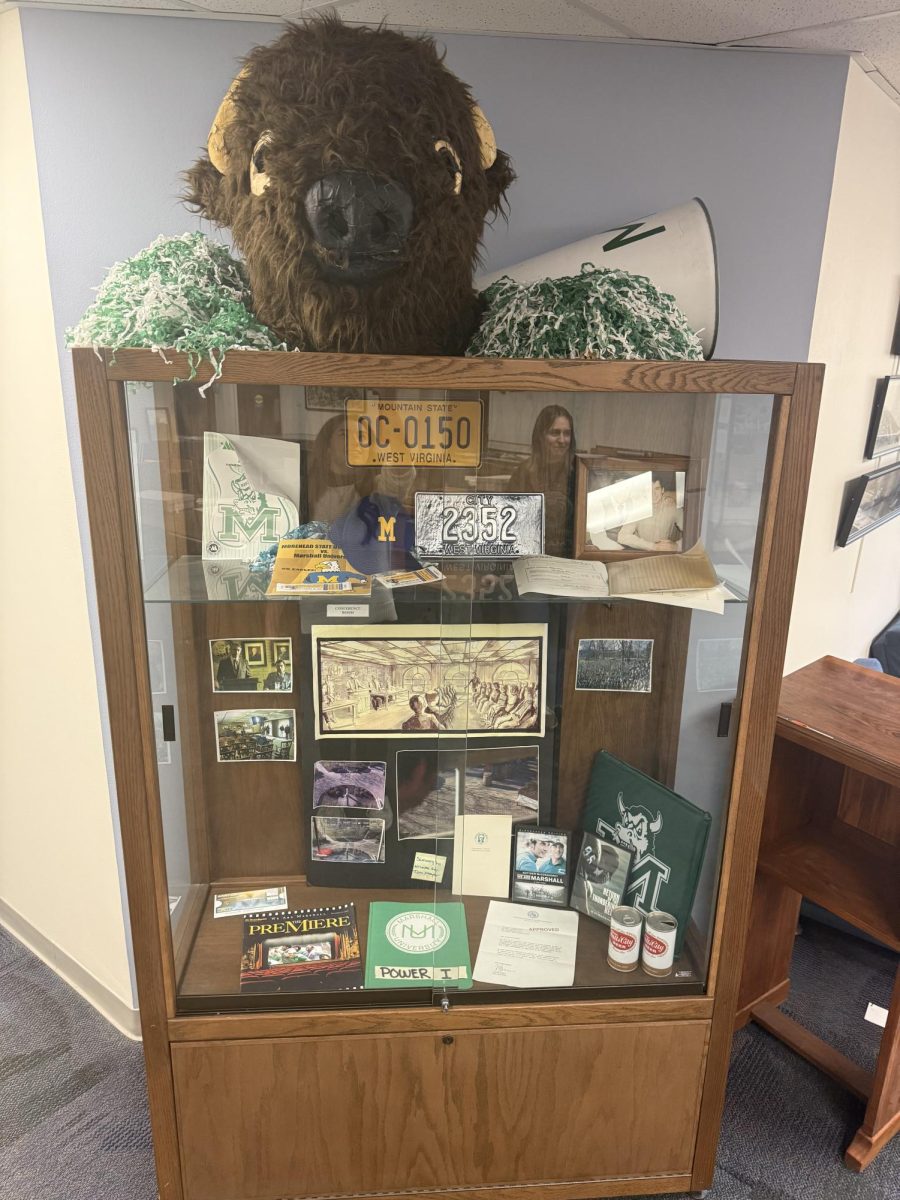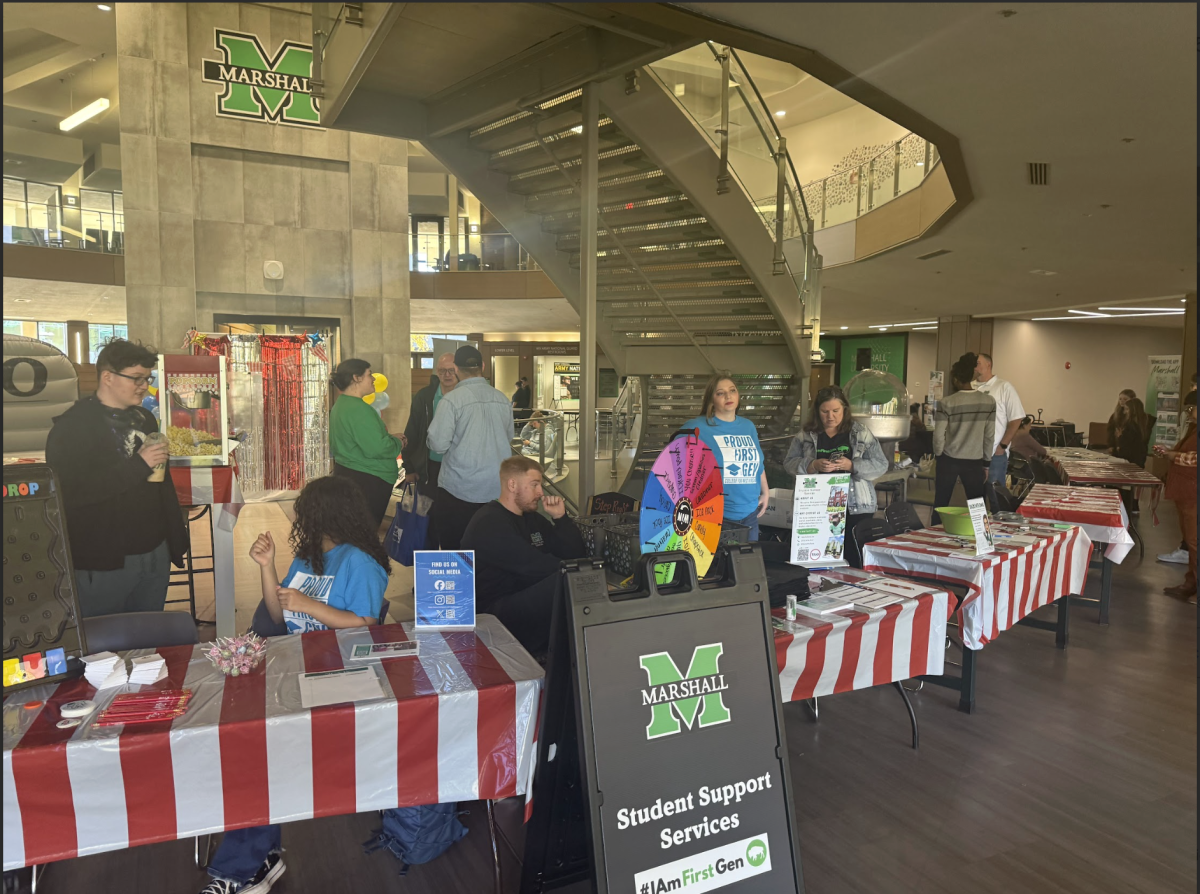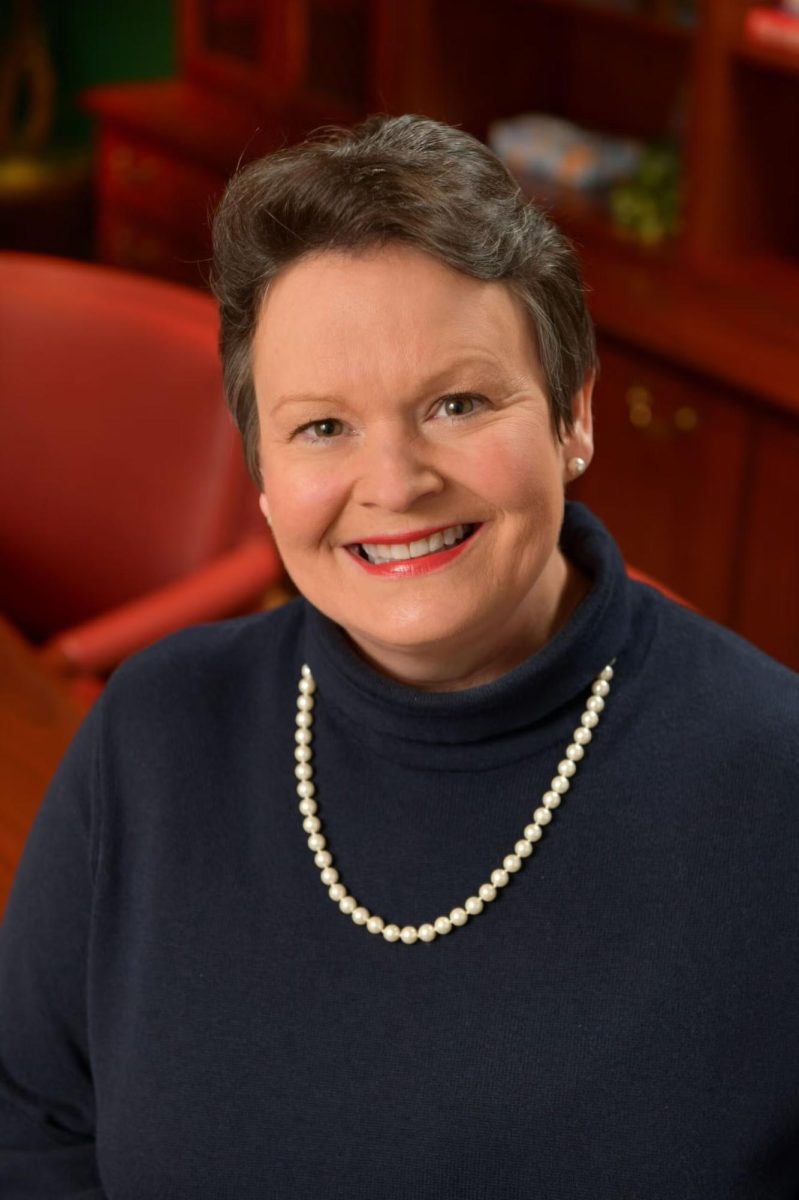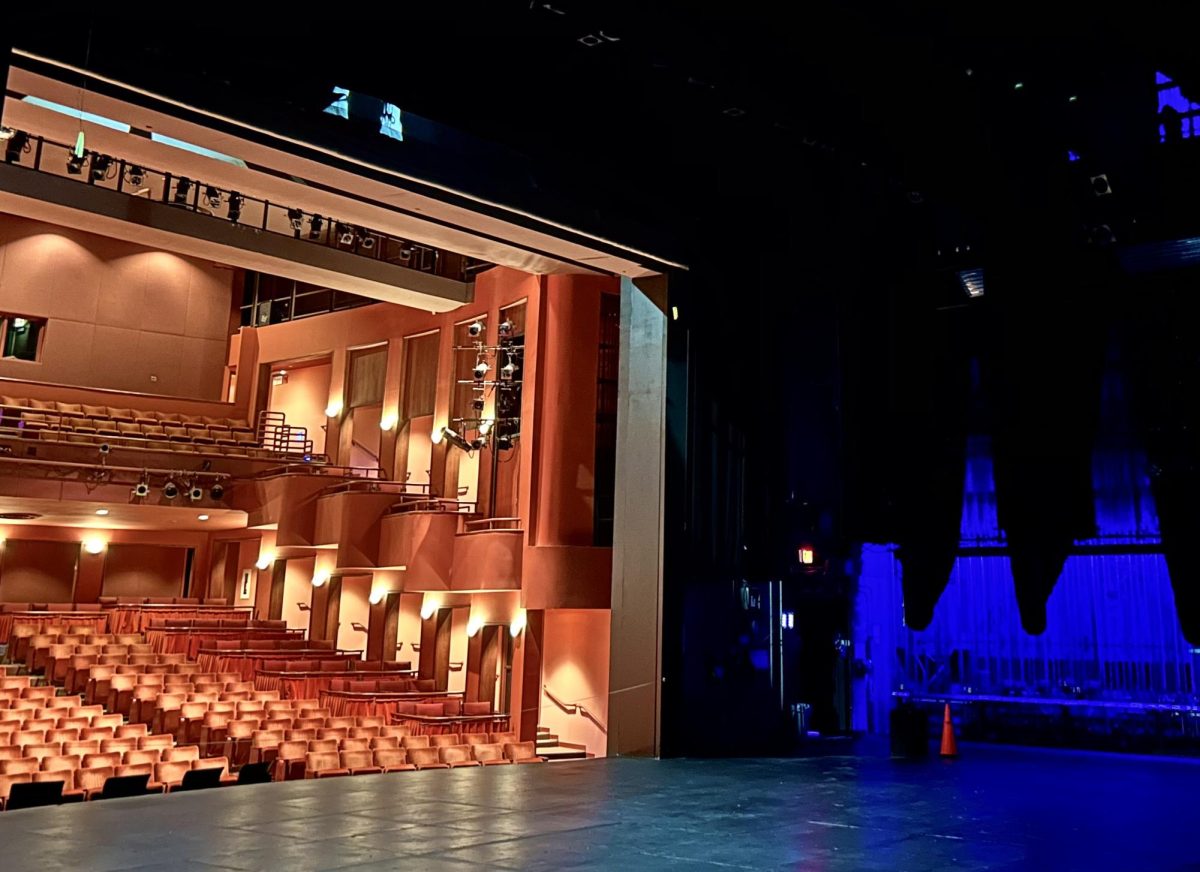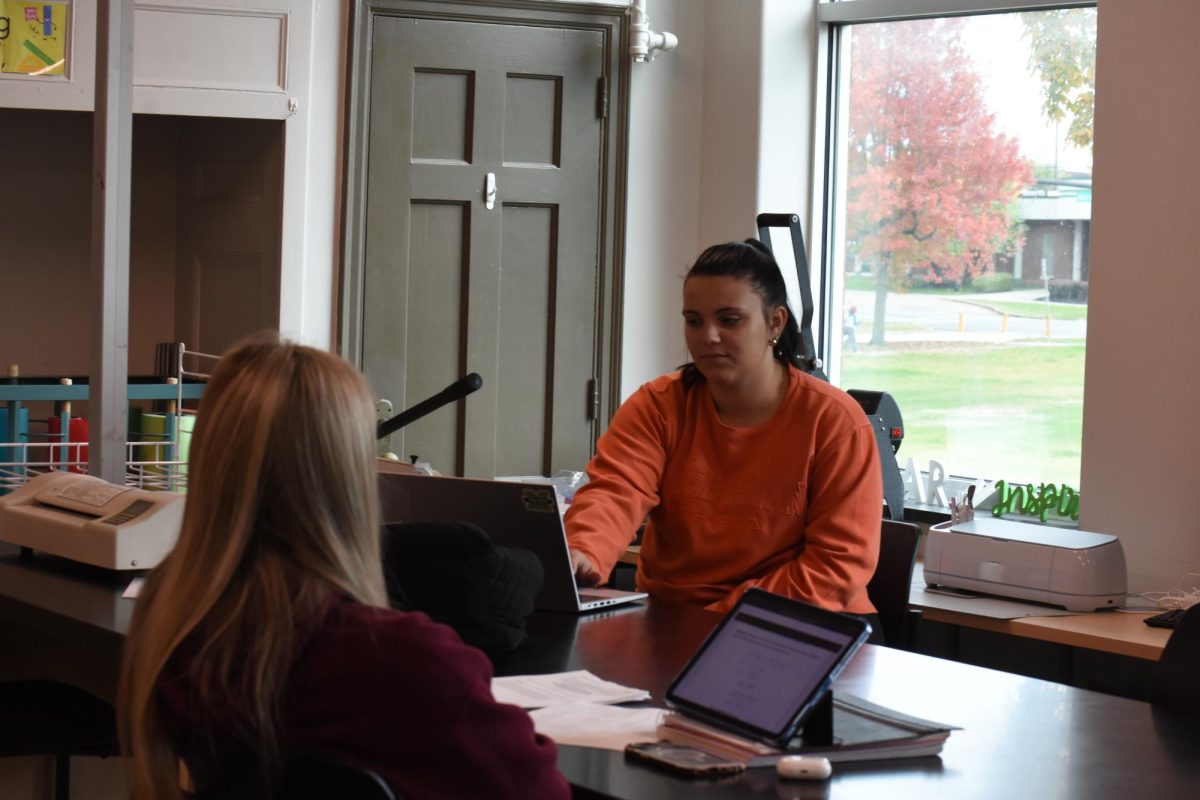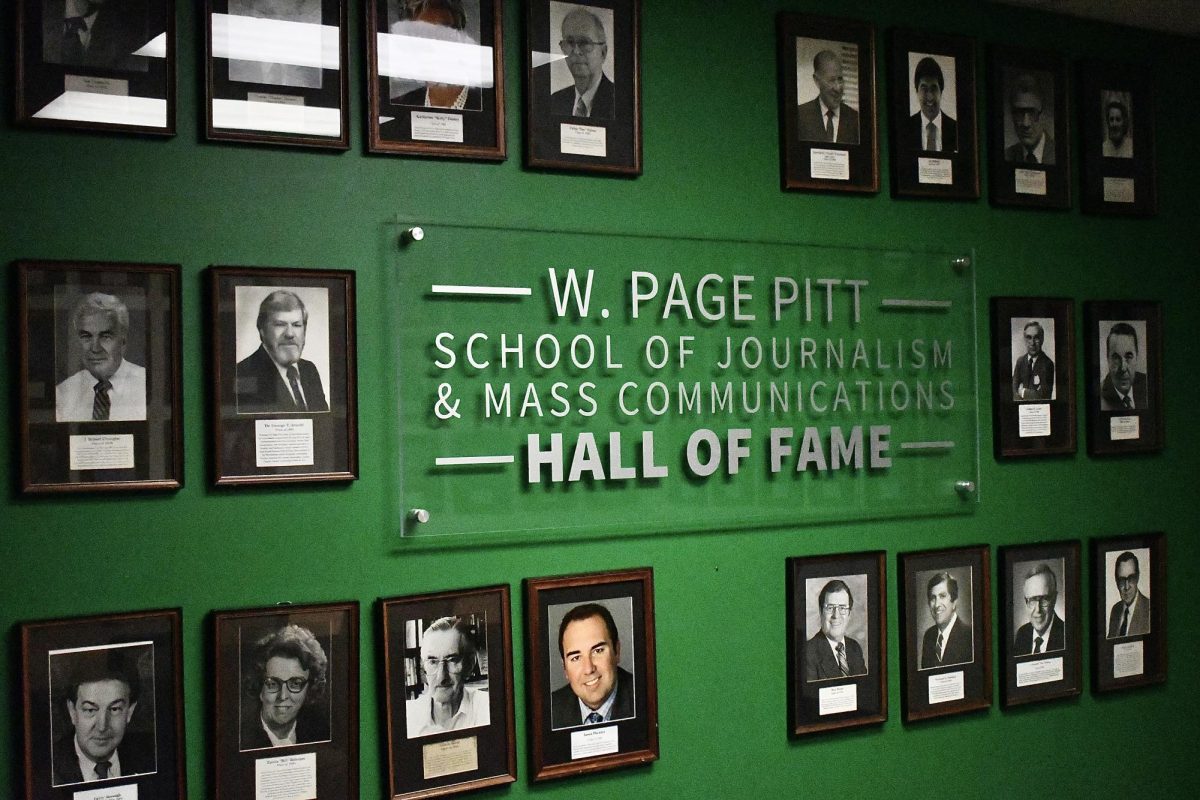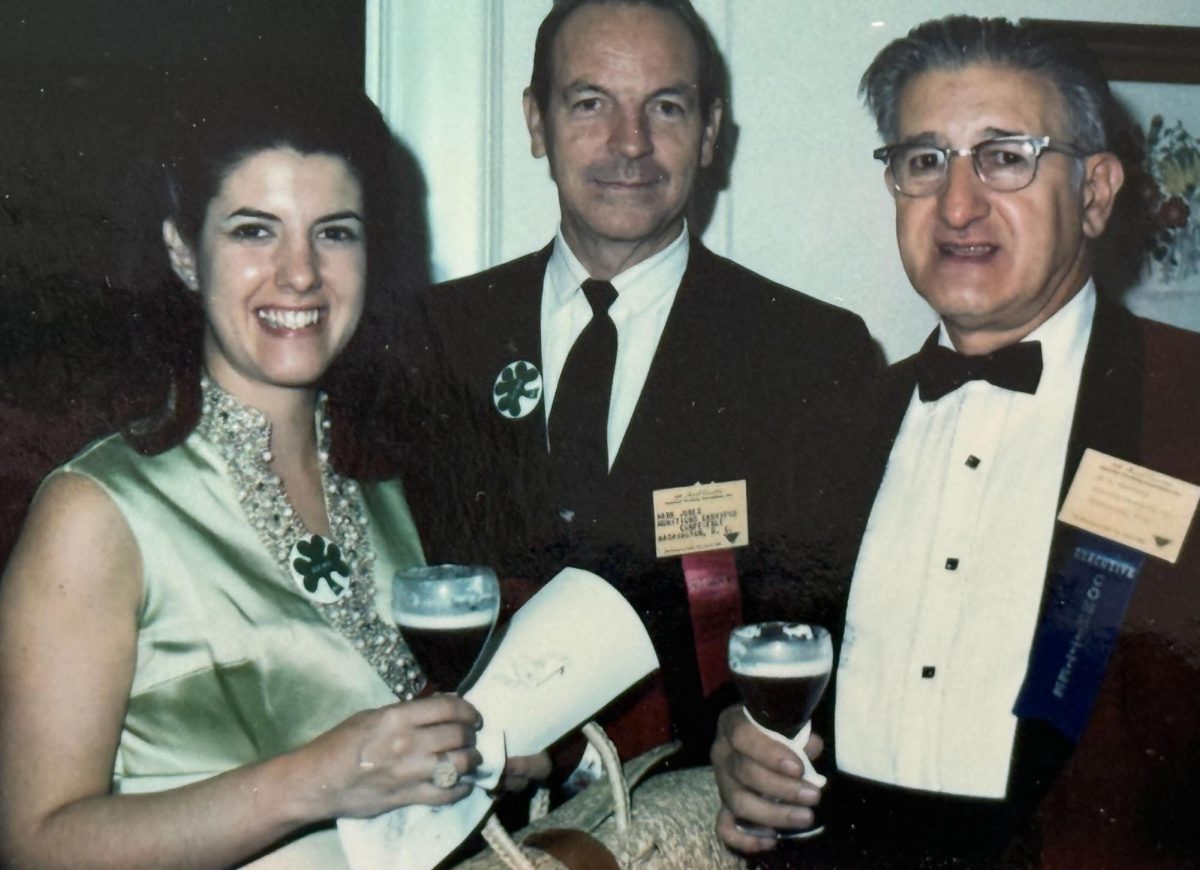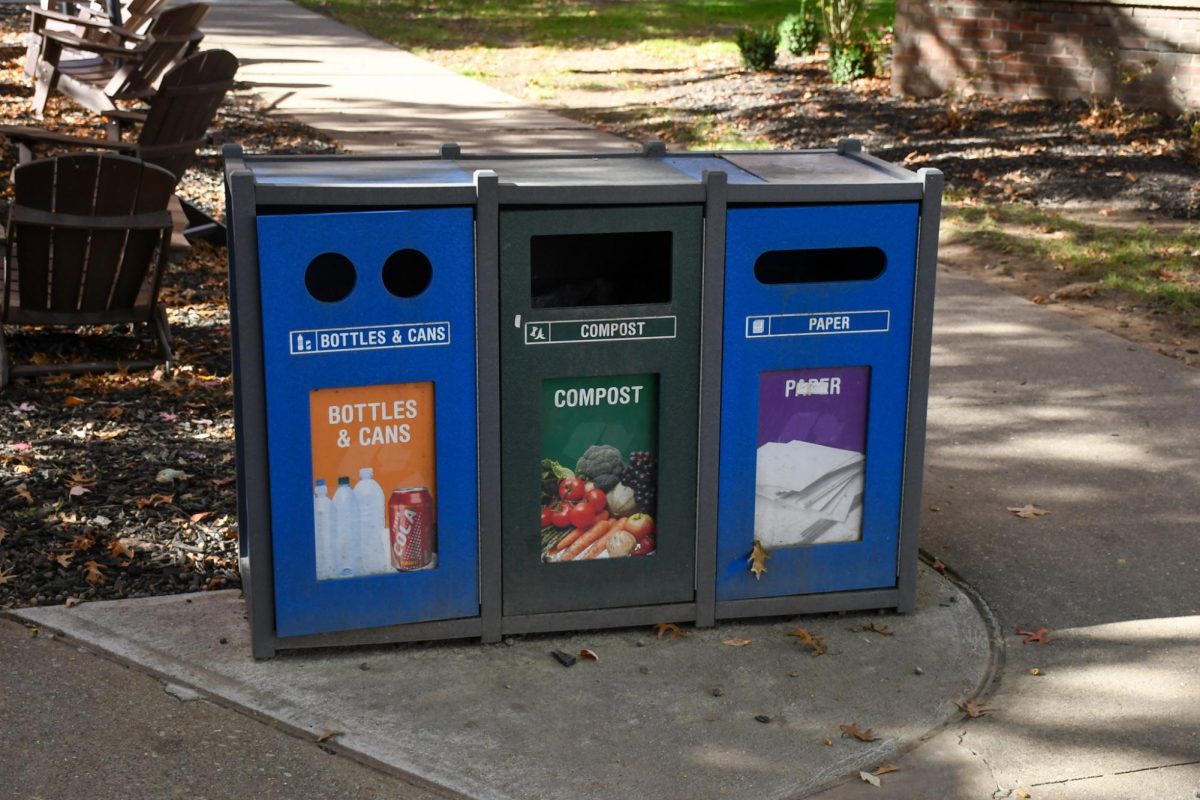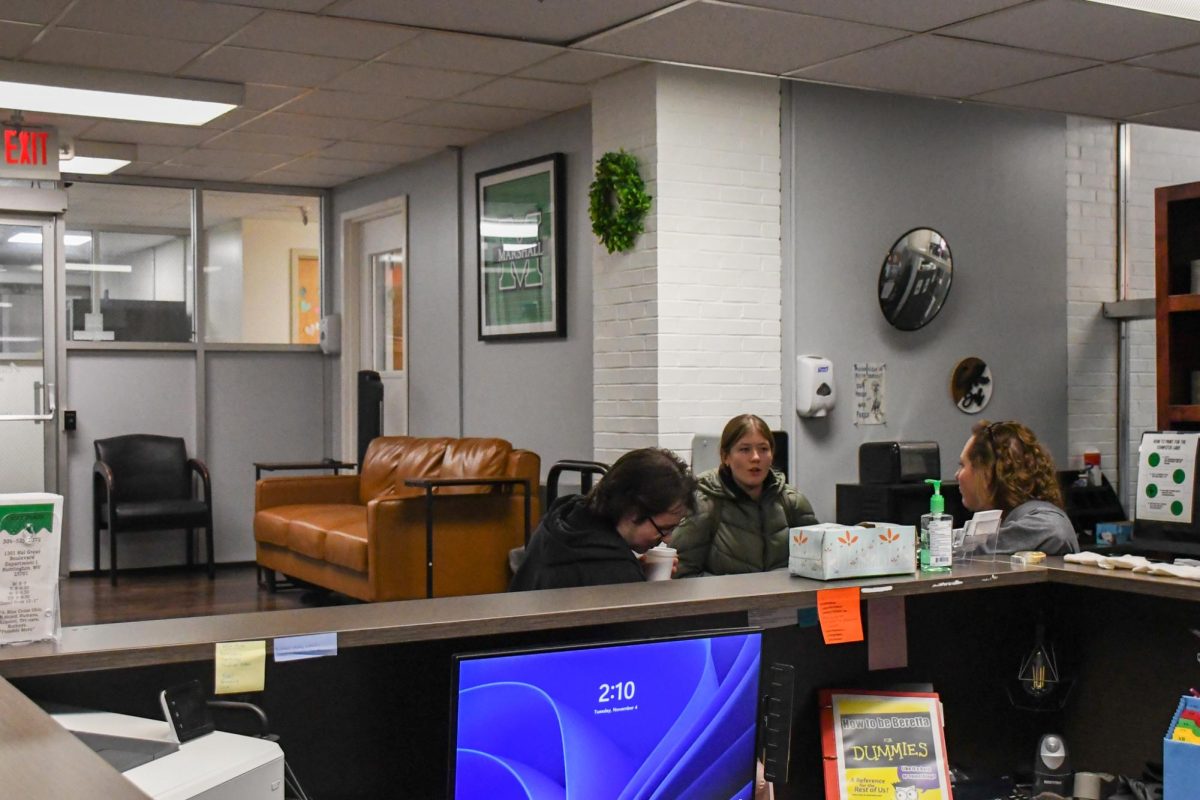Since the introduction of ride-sharing services like Uber and Lyft, public transportation use has been in steady decline. Marshall University has been looking into alternatives for students in the event of the potential removal of TTA access.
TTA, or the Tri-State Transit Authority, has been in contract with Marshall since 2016 after an initiative from the then-student body president, Isabelle Rogner. The initiative includes student access to public transportation with an added $18 fee to student tuition every semester.
Marcie Simms, the vice president of Student Affairs, said the idea for removal originated from reviewing the university’s budget.
“I was like, ‘What is this $280,000?’… and then I took a deep dive into student fees and asking SGA (about it). (TTA) just sends us the invoice, and we just keep paying it,” Simms said.
Simms said students’ needs have changed a lot since the introduction of Marshall’s “green machine” in 2016. Ridership has gone down 55% since the resolution was passed by SGA, Simms said.
“We had 29,000 rides last year. That is not 29,000 students; that’s just rides, which sounds like a whole lot, but over a year, when you look at the numbers, that’s not a ton” Simms said.
Simms will send out a survey to students to gauge student needs and riding habits. The university is still in contract with TTA until June 2026, but the survey will be the deciding factor on whether Marshall will renew the contract.
Simms said she wants to make sure students who actively use public transportation still have access and is working on ways to accommodate those fees.
“I have made a commitment that if we change that contract, we would allocate money in our emergency funds. If a student possibly wanted us to purchase them a 30-month unlimited pass … that would still be an option for our students,” Simms said.
If a student were to need access to these emergency funds, they would fill out a form online and set up a meeting with Leah Tolliver, the assistant dean of Wellness and Gender Programs, who oversees the emergency fund.
“We would use fees out of that, which usually comes from donations to the foundation, and would give it right back to students,” Simms said.
University officials raised concerns over the fees after hearing complaints from students about public transportation access. If Marshall students have a class downtown at the Visual Arts Center before 10 a.m., they can’t utilize the bus because it gets there after classes start. Other concerns included students being unsure of bus routes,times and safety as the bus is not currently limited to students.
Simms said listening to students is what dictates her decisions.
“That’s always been my goal: Listen to students. What do they want? How do they want their money spent? How do they want their fees spent,” Simms said.
If the university ends the contract, the $18 fee in tuition could be used to contribute to other things on campus. Simms suggested putting the money towards better Wi-Fi across Marshall as there have been complaints recently from students and faculty regarding performance.
Simms said the number of devices students bring to campus has increased drastically in recent years, which could be contributing to some of the issues with network connections.
“Most students were bringing five to six devices into their residence hall, counting your Apple Watch, your phone, your laptop, your smart TV, your video game system,” Simms said.
Abby Ayes can be contacted at ayes@marshall.edu.



